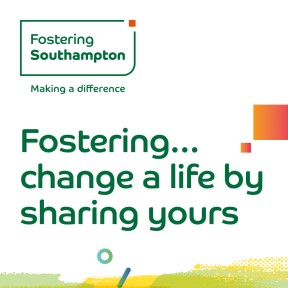Dual sensory loss
What is dual sensory loss/deafblindness?
Dual sensory loss is when someone loses their hearing and sight. People with a dual sensory loss are also referred to as deafblind.
People are regarded as "Deafblind if their combined hearing and sight loss cause problems with mobility, communication and access to information" (SENSE, 2002).
The group also includes people:
- Born deafblind, congenitally deafblind, or those with Ushers Syndrome or CHARGE syndrome
- Born deaf who later lose their vision
- Born blind who later lose their hearing
- Who acquire a sight and hearing loss, later in life
For older people, deafblindness may be seen as part of the aging process and people fail to acknowledge the impact this has on their lives.
The impact of deafblindness differs for each individual. They need specialist support from trained professionals who have an understanding of the impact of deafblindness.
Sense and Deafblind UK offer this support to address the difficulties with accessing information, communication, and mobility.
For a full list of local services and charities that can help with all disabilities, please browse our directory of support services.
What help can I get from the Sensory Team?
They can:
- Carry out a Specialist Deafblind Assessment in accordance with The Care Act 2014
- Look at alternative means of communication such as deafblind manual
- Show you adaptive equipment
- Provide information and advice on the range of adaptive equipment and technologies available to you
- Show you guiding skills
- Give you mobility training
- Support you in maintaining independence in all aspects of daily life
Useful contacts
You can get support and find out more at:


